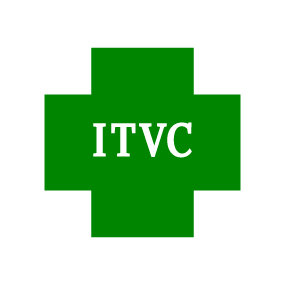Update: Middle East respiratory syndrome coronavirus
The information above has been incorporated into the following outbreak summary for Saudi Arabia, Qatar, Jordan, Oman, United Arab Emirates, Yemen, Iran, and Kuwait.
Confirmed in-flight transmission of MERS-CoV has occurred to date. Health care workers (HCWs) have accounted for approximately 10% of all cases, and secondary transmission to household (4% transmission rate) and hospital contacts occurs in the absence of rigorous infection control practices.
Secondary cases appear to be generally mild with a case fatality rate under 10% in HCWs. Other than Saudi Arabia, cases have been acquired or reported in United Arab Emirates (73 cases), Qatar, Jordan, Oman, Kuwait, Iran, Lebanon and Yemen.
Twenty-four cases have been exported from the Arabian Peninsula, with the most recent cases exported to the Philippines in February 2015 and to Turkey in October 2014; no secondary transmission has been reported from these recent cases.
Viral isolation and antibody studies indicate longstanding and widespread circulation of MERS-CoV in camel populations throughout Africa and the Middle East. MERS-CoV sequences from camels have been matched to those in infected humans, including a case involving a camel herd and its owner.
There has been no direct role for bats in the current outbreak. In the community, direct contact with camels, Ongoing low-level circulation of MERS-CoV in human populations may be occurring, but there is currently no evidence of community-based transmission of clinical cases or more than 1 generation of human-to-human transmission. Travelers to affected countries, especially older individuals and those with underlying health conditions, should:
Practice good personal hygiene (e.g., handwashing, cough and sneeze etiquette, and keeping distance of at least 1 m (3 ft) from persons with acute febrile respiratory symptoms)
Avoid physical contact with wild or farm animals and camels
Out of an abundance of caution, avoid the consumption of camel products (e.g., unpasteurized milk, undercooked meat, and urine)
Be assessed for the advisability of travel to affected areas if underlying chronic diseases are present
Be aware that the presence of infection control standards sufficient to protect travelers presenting to hospitals with unrelated illnesses cannot be assumed
Adhere closely to prescribed personal protective measures
Be monitored for early symptoms of infection if they have had contact with a confirmed case


